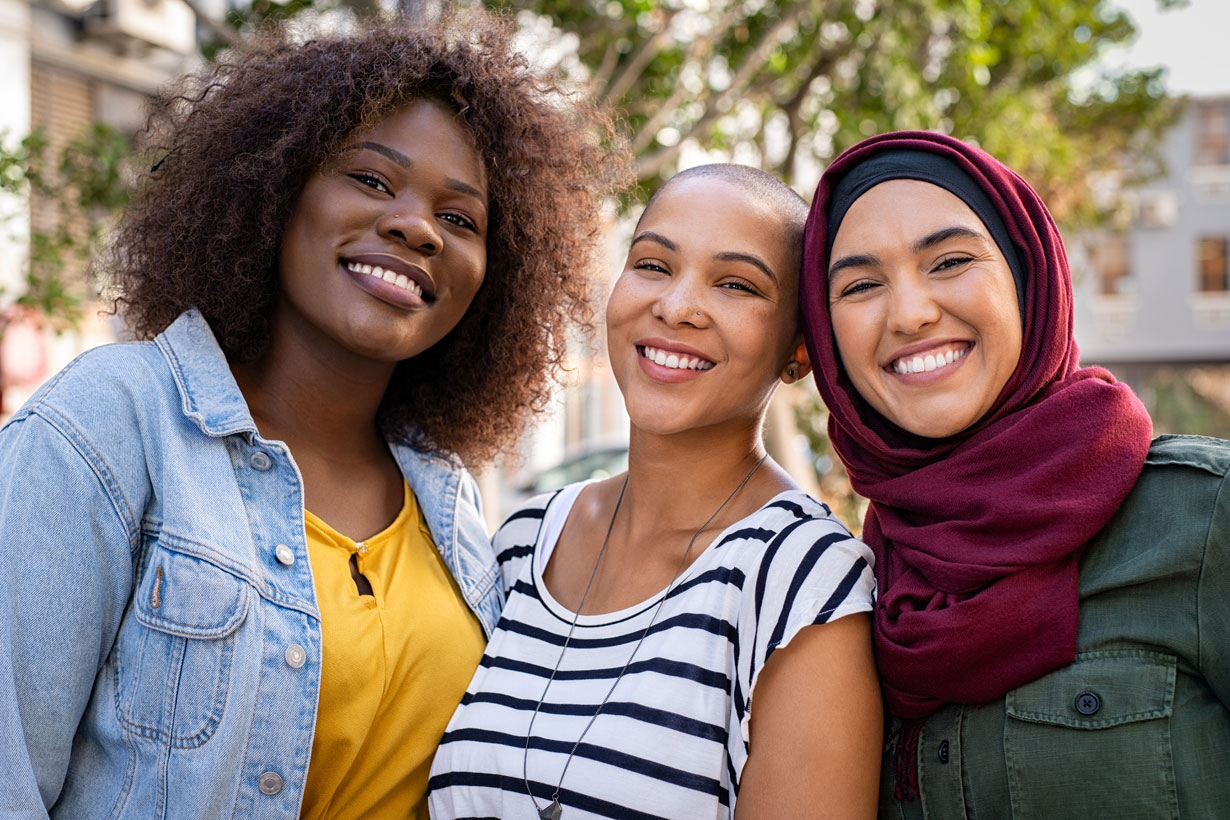
Friends
Fast facts
-
1Friends can increase your happiness and sense of belonging
-
2Friendships can have a major impact on your health and wellbeing. Adults with strong social support have a reduced risk of many health problems, including depression, high blood pressure and being overweight
-
3Friends can improve your self-confidence and self-worth
-
4Friends can help you cope in difficult times
-
5Many people find it hard to make friends or keep in touch with existing friends
Top tips
- Make sure your friends know how to recognise a seizure and what to do. There’s some resources below that could help
- Tell your friends what help or support you need
- Make sure your friends have your family’s contact details and in what circumstances you’d want them to contact your family
- Put your emergency contact details in your phone. Some phones allow people to dial emergency contacts while the phone is still locked
- Try not to be pressured into doing things that you know make it more difficult to manage your epilepsy. If staying out late or drinking alcohol makes your epilepsy worse, don’t be pressured into doing it. Real friends will understand
- Sometimes relationships we think of as friendships can actually be bad for our mental health and wellbeing. If you feel that one of your friends isn’t really a true friend, don’t be afraid to break it off
- Friendships are two-way – if your friends help you with your epilepsy, how can you help them?

Resources to show your friends
Young people say it helps to have information to show their friends about what to do if they have a seizure. Here’s some suggestions.

First aid videos on YouTube
You can show your friends these videos on YouTube
Stories by you
Read Brooke’s story about how epilepsy affected her relationships with friends and family
Do you have an experience about friends that you’d like to share? Get in touch

Making friends
Some people with epilepsy can feel isolated and find it difficult to make friends. Here’s some ideas others have found helpful for making new friends:
- Join a group about something you enjoy. Common interests can bring people together
- Start a conversation at school, college or work. If you see someone sitting on their own at lunchtime, why not go and sit with them and start a conversation
- Give a compliment. Saying something nice can be a good way to get a conversation going
- Be a good listener and ask questions. It shows you’re interested in the other person and can kick-start friendships
- Volunteering is a good way to meet people. Many colleges, universities and larger employers have volunteering opportunities
Do something
Are there any tips on this page that you want to try?







